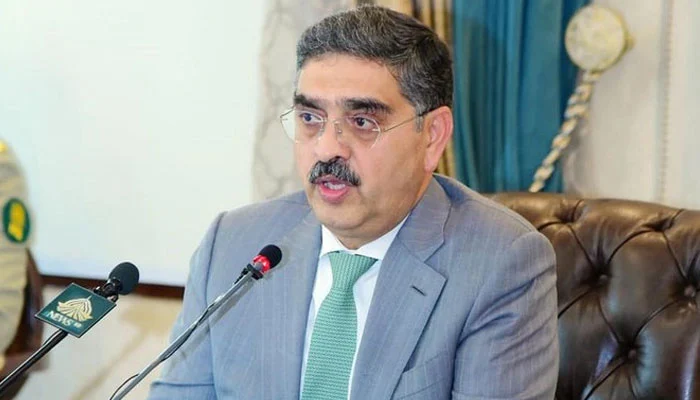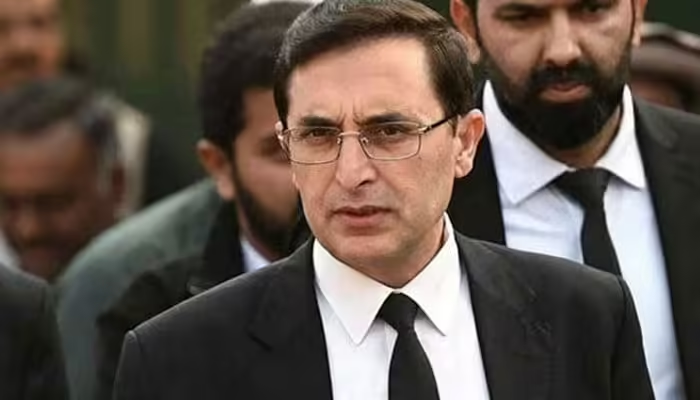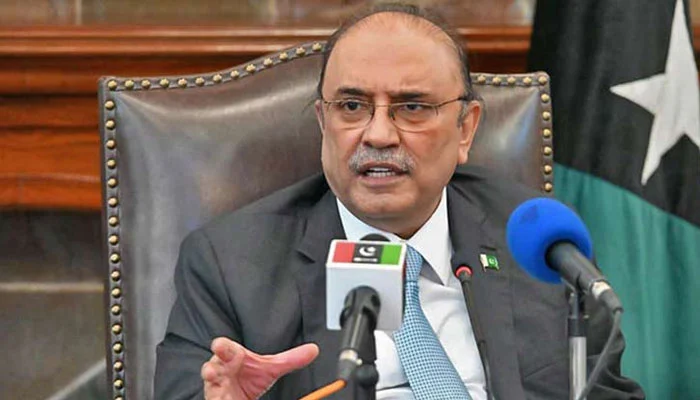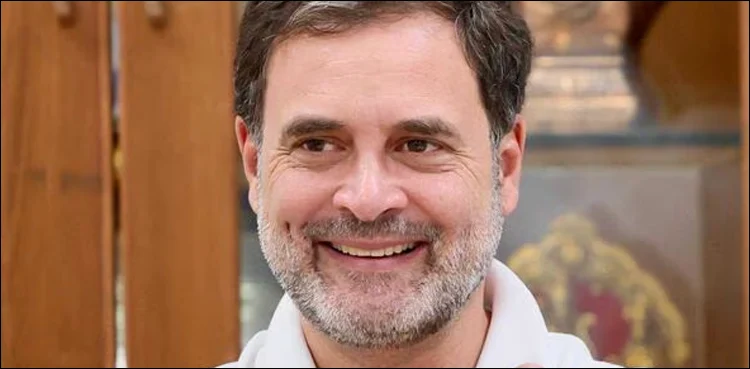As Pakistan approaches a crucial juncture with general elections on the horizon, the discussion surrounding the announcement of election dates has taken center stage. Prime Minister Imran Khan’s advisor, Anwar-ul-Haq Kakar, has expressed the view that the announcement of election dates is not the entirety of the constitutional framework but just one facet of it. This statement raises important questions about the broader context in which elections are conducted in Pakistan.
Kakar’s statement highlights the complexity of the constitutional provisions that underpin Pakistan’s electoral system. While the announcement of election dates is undoubtedly pivotal, it’s essential to consider the multifaceted nature of the constitutional requirements, obligations, and rights that govern the electoral process. To fully understand this complexity, we must delve into the various dimensions of the issue.
One significant aspect of Kakar’s statement is his emphasis on the need to respect the constitutional provisions and requirements as a whole, not just the specific date of the elections. The constitutional framework surrounding elections encompasses a wide range of elements, from the roles and responsibilities of the Election Commission of Pakistan (ECP) to the procedures governing the conduct of elections.
The Constitution of Pakistan outlines the fundamental principles and procedures for holding elections in the country. It delineates the composition and powers of the ECP, which is responsible for conducting free and fair elections. It also prescribes the principles of proportional representation, the formation of constituencies, and the qualification of voters.
Beyond these broad guidelines, the constitution contains provisions for ensuring transparency and fairness in the electoral process. These include rules for the nomination of candidates, campaigning, and the role of political parties. The constitution also upholds the principles of universal suffrage, gender equality, and non-discrimination.
Given the extensive nature of these constitutional provisions, Kakar’s assertion raises an important question: can the process of announcing election dates be considered in isolation, without considering the entire constitutional framework that governs the elections? The answer, as it appears, is a resounding no. The constitutional provisions interact with one another, forming a cohesive framework that guides the election process.
Another aspect of the discussion is the role of the political players themselves, particularly the loyalists of the Pakistan Tehreek-e-Insaf (PTI). Kakar argues that the PTI’s loyalists should be permitted to conduct election campaigns and solicit votes. This perspective emphasizes the importance of level playing fields in elections, where all political parties have an equal opportunity to engage with the electorate. It underscores the democratic principles of competition, representation, and participation, which are vital for the legitimacy of the electoral process.
However, this assertion also raises the question of whether the ECP can or should impose restrictions on political parties’ activities during election campaigns. It becomes a matter of balance between ensuring fair competition and upholding the democratic principles of free expression and association. This issue emphasizes the need for legal and regulatory frameworks that enable fair competition without infringing on fundamental rights.
In the broader context, Kakar’s statement reflects the anticipation of the upcoming elections in Pakistan and the preparations leading up to them. It signals the government’s readiness to engage in the electoral process while also adhering to the constitutional requirements.
The upcoming visit of an International Monetary Fund (IMF) delegation to Pakistan on November 2 is another key factor that adds to the complexity of the situation. The IMF plays a significant role in Pakistan’s economic landscape, and the government’s fiscal policies have far-reaching implications, especially in an election year. The economic dimension of the electoral process underscores the need for careful financial planning and management.
Anwar-ul-Haq Kakar’s statement regarding the announcement of election dates is a reminder of the multifaceted nature of Pakistan’s constitutional framework for elections. It encompasses a wide array of provisions, obligations, and rights that guide the electoral process. Ensuring fair competition, upholding democratic principles, and balancing the economic landscape are crucial aspects of the upcoming elections. The announcement of election dates is just one piece of a complex constitutional puzzle that must be approached comprehensively to uphold the principles of democracy and the rule of law.



